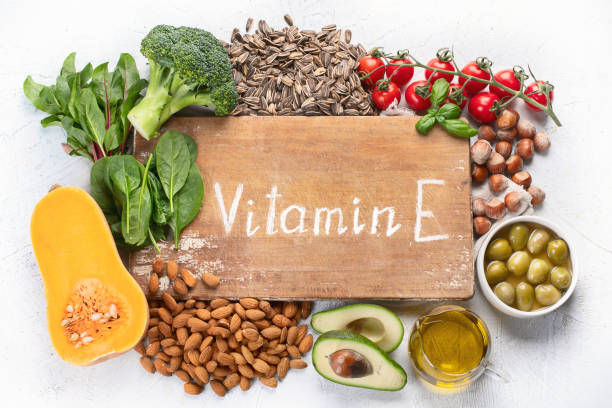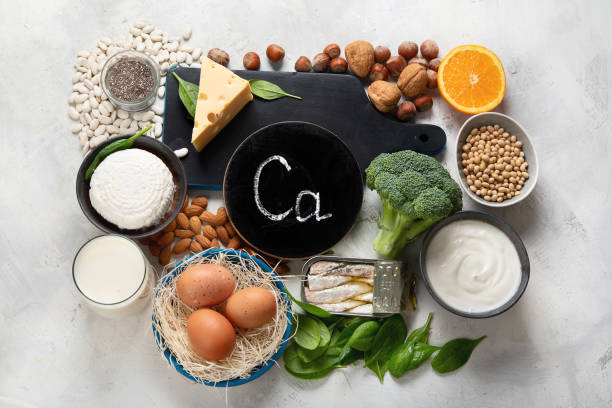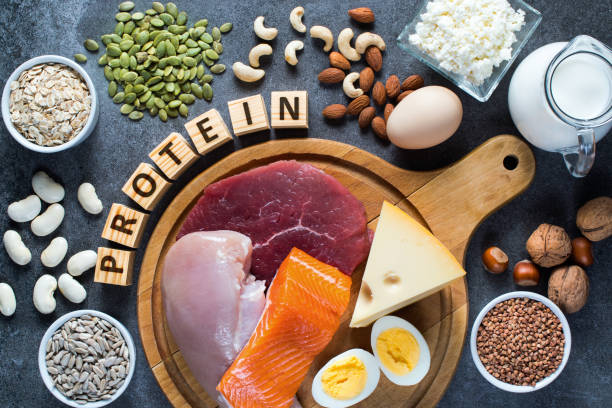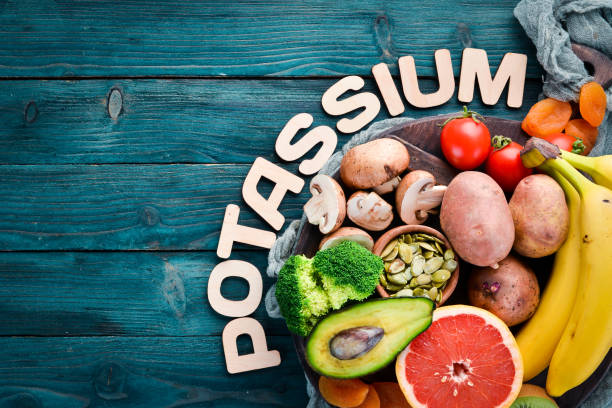When it comes to pets, anxiety can be a serious problem and can often lead to destructive behaviors, such as chewing or barking at seemingly nothing in particular. Dogs suffer from anxiety just like humans do, but luckily there are some things you can do to help manage their level of stress and keep them calm and happy. Get ready to learn about ten amazing nutrients you can use to help your dog’s anxiety and get them back to their old selves!
1) Vitamin E

Vitamin E is an antioxidant that can help prevent the development of cancer, heart disease and other diseases. It also can play a role in boosting your dog’s anxiety levels. Vitamin E helps produce natural stress-relieving hormones like serotonin and dopamine, which have been shown to help calm dogs with anxiety.
2) Vitamin C
Vitamin C is a powerful antioxidant that can help with anxiety and depression. Vitamin C is found in oranges, broccoli, bell peppers, strawberries, and many other fruits and vegetables. Your dog might not enjoy the taste of these foods on their own but you can also use a supplement to help them get their daily vitamin C intake.
3) Calcium

When you think of calcium, the first thing that probably comes to mind is your dog’s bones. However, it also plays a key role in muscular and nervous system function. This nutrient can help with anxiety because it plays a big part in how messages are relayed from the brain to the muscles. When calcium levels in the body are out of balance, this can lead to spasms or tremors which can make dogs feel anxious and stressed.
4) Omega Fatty Acids
Omega-3 fatty acids, also known as alpha-linolenic acid or ALA, are a type of polyunsaturated fat that can help reduce anxiety in dogs. Omega-3 fatty acids can be found in fish oils and some vegetables. You can also find it in supplement form from brands like NurtiPet. Salmon oil is the best source for this nutrient because it contains both omega-3s and omega-6s, which have been shown to balance each other out and may improve your dog’s health. Remember to talk to your vet before introducing any supplements into your dog’s diet!
5) Proteins

Proteins are essential for building muscle, repairing tissue and repairing injured cells. Protein is also an important building block for neurotransmitters in the brain that regulate mood, sleep, appetite and more. Some of the best sources of protein include eggs, fish and chicken breast.
6) Magnesium
Magnesium is an essential mineral with many health benefits, including reducing anxiety. It can be found in a variety of foods such as spinach and avocado. Some studies suggest that magnesium supplements may also be helpful for dogs with anxiety.
7) Zinc

Zinc can be found in a variety of foods, such as oysters, crab, lobster and beef. When your dog eats these foods they are able to get the zinc they need to help lower their anxiety levels. However, if your dog doesn’t like these foods then you can always have them chew on a piece of rawhide or another chew toy that is made with zinc.
8) Iron
Iron is an important nutrient for your dog because it is the key to making hemoglobin, the protein in red blood cells that carries oxygen throughout the body. Iron-deficiency anemia is a common side effect of anxiety, so it’s important to make sure your dog gets enough iron. There are many ways you can do this, such as by adding more green vegetables and lean meats to their diet or by giving them a supplement.
9) Potassium

Potassium is an electrolyte that helps maintain the balance of fluids in the body. Potassium deficiency can lead to increased anxiety, cardiac arrhythmias and muscle cramps. Foods high in potassium include bananas, potatoes, spinach and grapefruit.
10) Dietary Fiber
Dietary fiber is a type of carbohydrate that humans cannot digest, but it can be eaten by pets. The food passes through the animal’s gut and out in their feces. Although fiber does not provide any energy for your pet, it does have some benefits. One of them is the ability to reduce constipation and the risk of developing hemorrhoids. Fiber also helps cleanse your pet’s digestive system, which can prevent diarrhea, weight gain, and other medical conditions caused by inappropriate elimination.
